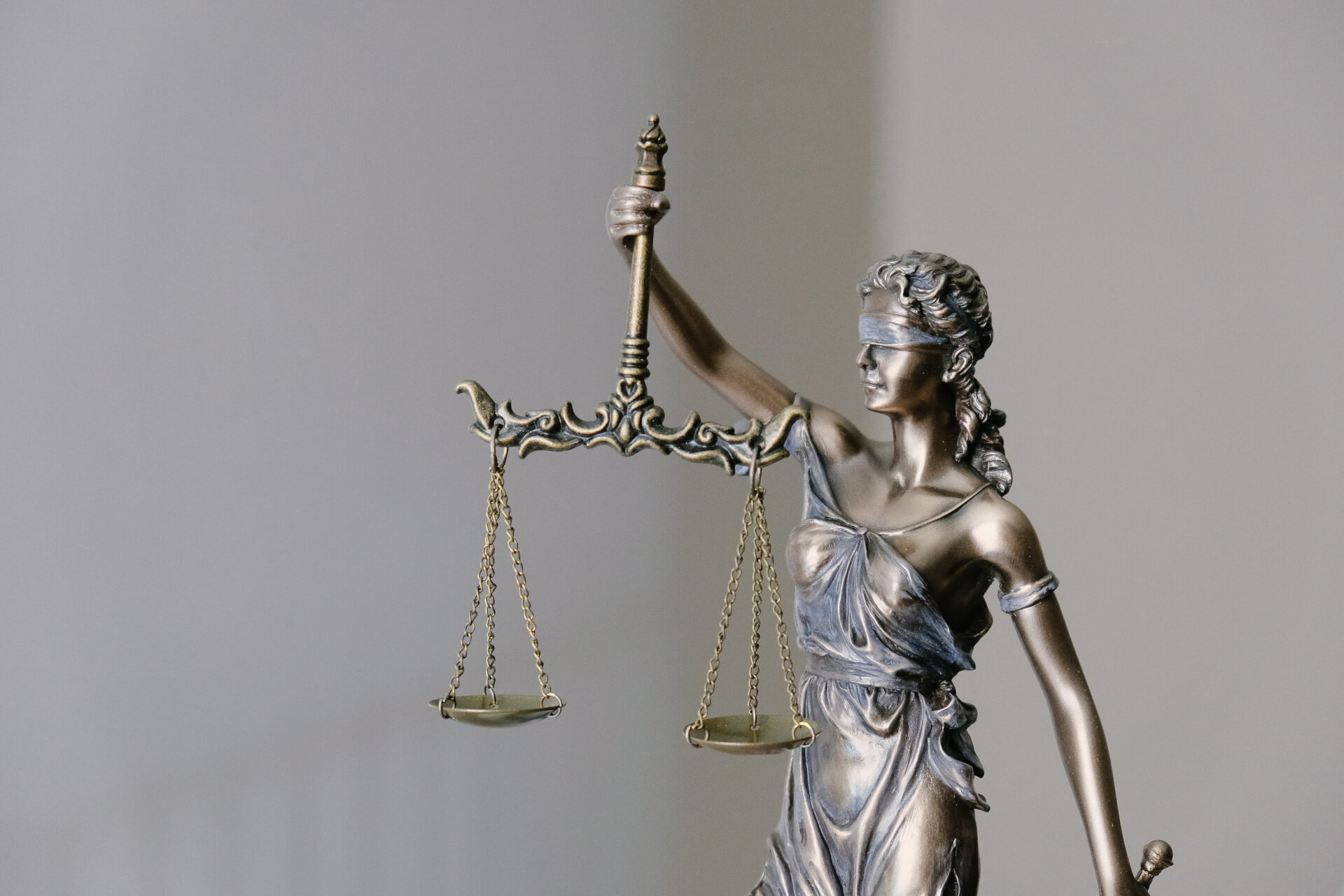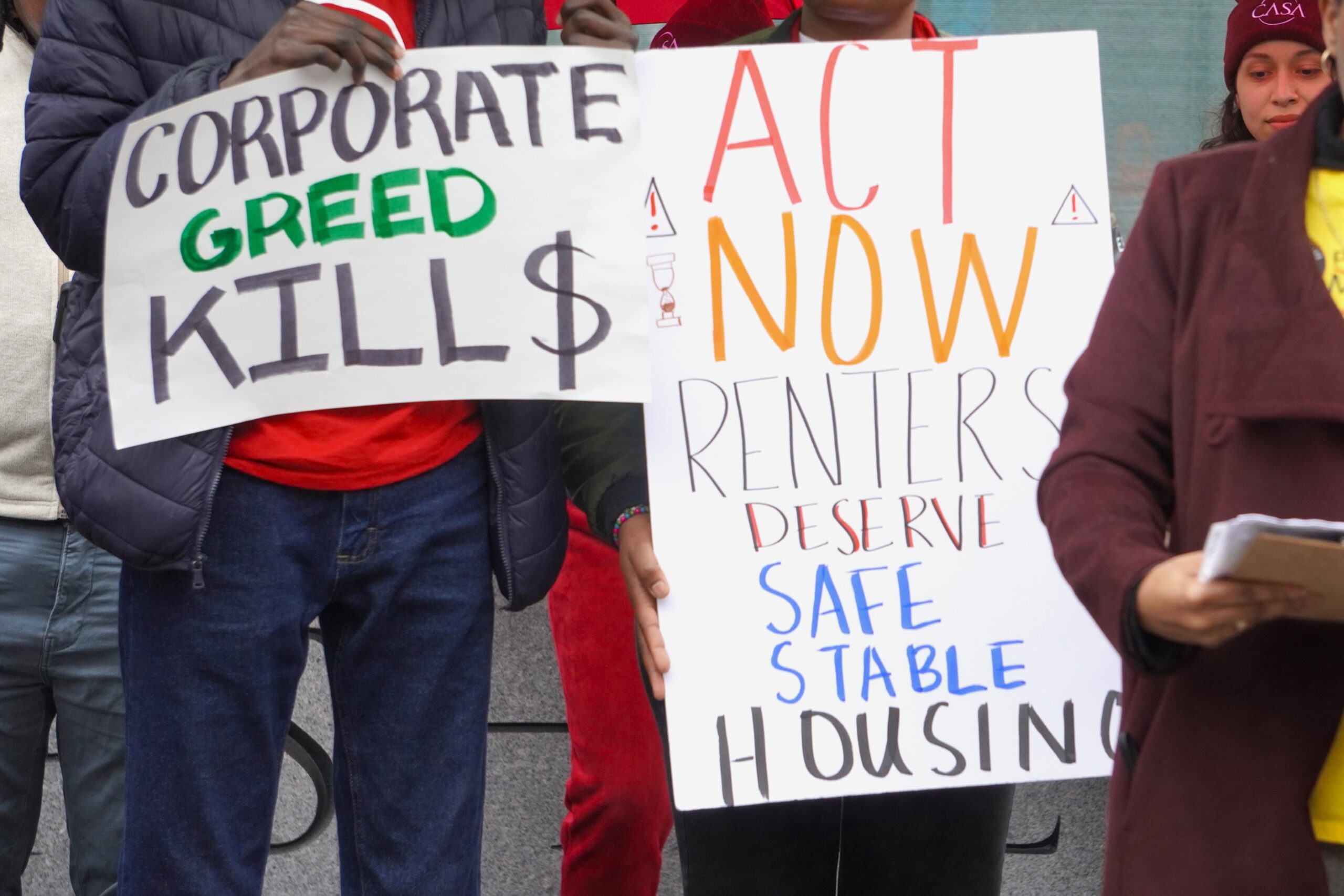ACLU Analysis of AG Opinion Says Lawmakers Have Legal Grounds to Convene Virtually

The American Civil Liberties Union of Maryland sent a letter to General Assembly leadership Wednesday morning asserting that the state legislature has the legal footing to conduct a remote session.
“It is important to understand that the Maryland General Assembly is not constitutionally required to convene and vote in person,” Joe Spielberger, public policy counsel for the ACLU of Maryland, said in a statement. “What is required is that Marylanders can fully exercise their First Amendment right to petition their government. Leadership must be transparent about where and how they will convene session, and ensure that fundamental rights are not curtailed during this pandemic.”
The letter sent to House Speaker Adrienne A. Jones (D-Baltimore County) and Sen. President Bill Ferguson (D-Baltimore City) explains the civil liberties group’s legal analysis of an opinion published by Attorney General Brian Frosh’s office last month examining the constitutionality of the bodies convening in a special legislative session.
Spielberger asserts that it is “Constitutional and in line” with both House and Senate rules that both bodies hold bill hearings and voting sessions virtually as long as they adhere to the Open Meetings Act.
“The Attorney General’s opinion [“AG opinion”], released on August 14, 2020, does not stipulate that the General Assembly is prohibited from convening and voting in a remote or virtual legislative session,” the letter reads. “Rather, it addresses factors that may increase the possibility of a legal challenge and that courts would consider to determine the constitutionality of such a session, without making a clear determination about the likelihood or success of such a challenge.”
Advocates and lawmakers have pressured leadership to reconvene before January as the issues 2020 has brought — from police brutality to the multiple crises created by the COVID-19 pandemic — continue to compound. Progressive groups are going to far as to conduct a mock-session at an athletic field next to the Phoenix Academy Wednesday evening.
“With the competing crises of police violence against Black people and the health and economic impacts of COVID-19, it may not merely be permissible, but rather necessary for committee to meet during the interim to consider legislation,” the ACLU letter reads.
Ferguson and Jones have shown no inclination to convene a special session, nor have they released any contingency plans yet for the 2021 legislative session set for January.
In the meantime, both have announced the creation of workgroups intended to make recommendations for the 2021 session that target 2020’s rampant issues. Committees have also held virtual briefings.
While it’s commonplace for committee and workgroup briefings to occur during the interim, in an unusual move, Senate Judicial Proceedings Committee Chairman William C. Smith Jr. (D-Montgomery) announced Tuesday evening that the committee would hold virtual bill hearings next week to hear public testimony on police reform bills that will presumably come before the full Senate chamber during the 2021 session.
“Systemic injustices in policing have plagued our communities for generations and developing the best solutions requires legislators to be thoughtful and purposeful,” Smith said in a statement. “To achieve this, we need participation from all Marylanders to find solutions to heal the relationship between our law enforcement agencies and the communities they serve.”
A cyber quorum?
The Maryland Declaration of Rights states that “Annapolis be the place of meeting of the Legislature; and the Legislature ought not to be convened, or held at any other place but from evident necessity” — a notion cited in the August Attorney General’s opinion.
Spielberger asserts that just because Annapolis is the required meeting place does not mean that the State House is the mandated place of convention, noting also that the “evident necessity” clause may allow lawmakers to meet outside of the city limits, altogether.
There have been two instances, the ACLU wrote, where the General Assembly has met outside of Annapolis, including a 1757 session that met in Baltimore City in the midst of a smallpox epidemic.
“If the General Assembly decides that it is in the public interest and its own to convene virtually, there is no Constitutional provision prohibiting it from doing so,” Spielberger wrote. “If the drafters were to anticipate the internet and to what extent it has been interwoven into every aspect of professional life, it is quite likely they would have explicitly allowed convening virtually as well.”
Spielberger did assert, however, that if the bodies physically convene, there must be measures put into place to allow for public participation, citing the Open Meetings Act.
Meeting on a virtual plane could also redefine the notion of what constitutes a quorum.
Maryland’s Constitution defines a quorum as “a majority of the whole number of members elected to each House.”
Usually, lawmakers in both chambers mark their presence at the beginning of a session. A majority presence allows leadership to proceed with the day’s agenda.
Spielberger wrote that, should lawmakers meet in an alternative physical location, they would still be recording their presence, and that a “simple House and Senate rule change” could allow members to record their presence at virtual proceedings with no legal challenge.
The letter notes that 28 states and territories have amended their rules to allow virtual voting.
Spielberger said that meeting virtually in the interim would be in compliance with the Open Meetings Act if the public is given ample notice of hearings and the ability to testify — especially considering that any bills heard before the 2021 “will undoubtedly be complex and controversial” — not unlike the Senate’s policing reform bills that Smith plans to unveil.
He did argue, however, that if committees are finding it necessary to hear bills ahead of January, that may be reason enough to consider conveying a special session.
“If the emergencies that would compel interim meetings are so great to require expanding this scope of work, then the leaders of the General Assembly must immediately call for a special session to justly do the people’s work,” Spielberger wrote.




 Creative Commons Attribution
Creative Commons Attribution